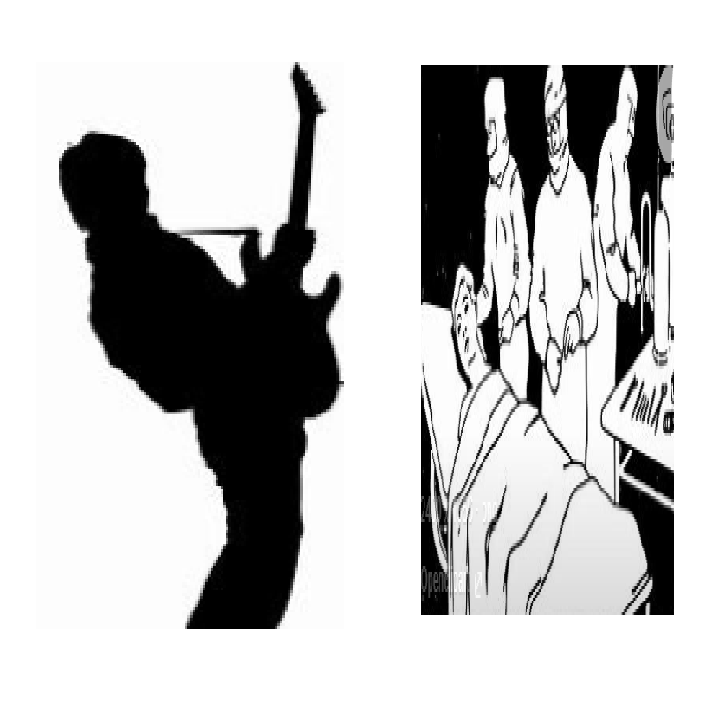Prince v Mapp [1969] 46 TC 169, EWCA
Citation:Prince v Mapp [1969] 46 TC 169, EWCA
Rule of thumb:If you get medical treatment which is needed more for your job than general life, is this tax deductible? In these special circumstances, these medical expenses can be tax deductible.
Judgment:
The facts of this case were that Prince was a draughtsman, and he was also a semi-professional guitar player making a modest living from this, with it being the case that he mainly played the guitar for relaxation with the odd performance for a bit of money here and there. Prince cut off the tip of his finger in the course of his work as a draughtsman whilst sharpening a pencil. When Prince then tried to play the guitar he had major problems doing due to nerve damage in his finger. Prince had an operation to repair his finger and he sought to write off the operation against his taxable income. The Court held that the expense of the operation was not deductible due to the duality of purpose. The Court held that if Mr Prince had been a bona fide professional guitar player then this would have been deductible from his taxable income, but he was not and played largely for leisure, meaning that this was not an expense he could deduct from his taxable income, `It is quite easy to think of instances in which someone carrying on a trade or profession incurs some injury which is trivial in itself and in respect of which he would never otherwise expend money on medical care but which happens to be of vital importance for the purpose of that particular trade or profession. In such a case I am prepared to assume in favour of the taxpayer here that it would be possible for a taxpayer to incur expense which was wholly and exclusively for the purpose of his trade or profession. I say I am prepared to assume. I do not give any decision upon it because on the particular facts of this case it is not necessary for me to do so... There is nothing in those sentences which confines the finding to a wish to continue to play the guitar professionally. It seems to me that that is a finding that he would not have undergone the operation if he had not wished to continue to play the guitar, and that must in the context mean had he not wished to play the guitar in the same circumstances as those in which he had hitherto played it, ie partly as a hobby and partly professionally. If that is a correct reading of the finding, as I think it is, then the Special Commissioners had material upon which they could reach their conclusion, and that is the end of this case.’ at 174-176, Pennycuick J

Warning: This is not professional legal advice. This is not professional legal education advice. Please obtain professional guidance before embarking on any legal course of action. This is just an interpretation of a Judgment by persons of legal insight & varying levels of legal specialism, experience & expertise. Please read the Judgment yourself and form your own interpretation of it with professional assistance.

